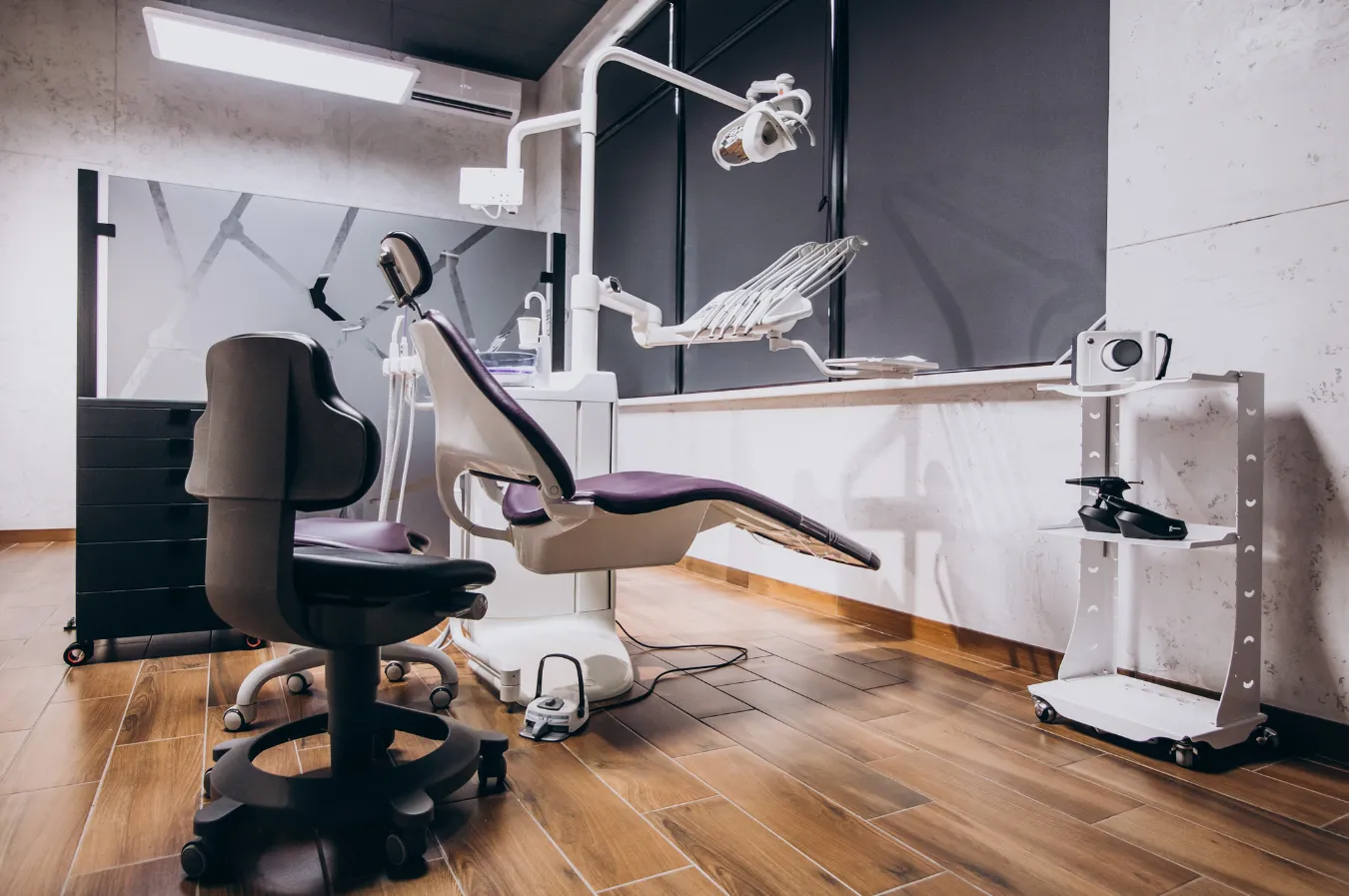Dental emergencies can happen in the blink of an eye. Whether it’s a sudden toothache, a sports injury, or a fall on the playground, knowing how to respond when your child experiences a dental issue can make a big difference. These situations are stressful for both kids and parents, but with the right knowledge and action plan, you can help protect your child’s health and comfort.
Emergency pediatric dentistry is designed to address urgent dental problems in children quickly and effectively. If you’re a parent in Albany, NY, or any surrounding area, understanding when to seek emergency care—and what to do before you get to the dentist—can save you time, prevent complications, and bring peace of mind during a challenging moment.
What Is Considered a Dental Emergency?
Not every dental problem is an emergency, but some situations require immediate attention. Common pediatric dental emergencies include:
- Toothaches — Persistent or severe pain, especially if accompanied by swelling, could be a sign of infection or decay that needs urgent treatment.
- Knocked-Out Teeth — If a permanent tooth is knocked out, fast action may save it. Baby teeth, on the other hand, usually aren’t reinserted, but the area still needs to be checked.
- Cracked or Broken Teeth — Any visible damage should be evaluated to prevent infection or further breakage.
- Dental Abscesses — Swelling, pain, and fever may indicate an abscess, which is a serious infection that needs prompt attention.
- Injuries to the Lips, Gums, or Tongue — Oral injuries with significant bleeding or signs of trauma should be addressed as soon as possible.
- Lost Fillings or Crowns — These don’t always require a same-day visit, but they should be assessed soon to avoid discomfort or damage.
If your child is in pain, bleeding excessively, or you suspect something may be broken or infected, it’s best to contact a pediatric dental office for guidance right away.
How to Respond to a Dental Emergency
Acting quickly and calmly during a dental emergency can make all the difference. Here are a few general tips for handling common situations until you reach the dentist:
For a Knocked-Out Permanent Tooth:
- Rinse the tooth gently with water—do not scrub or remove attached tissue.
- Try to place the tooth back in the socket if your child can tolerate it.
- If reinsertion isn’t possible, store the tooth in milk or saliva and bring it to the dentist immediately.
For a Toothache:
- Rinse the mouth with warm salt water.
- Use a cold compress on the outside of the face for swelling.
- Avoid placing aspirin directly on the gums.
- Contact a dentist promptly to determine the cause of the pain.
For a Chipped or Broken Tooth:
- Rinse with warm water and save any broken fragments.
- Apply a cold compress to reduce swelling.
- Avoid chewing on the affected side.
For a Soft Tissue Injury:
- Use clean gauze to apply pressure to stop bleeding.
- Rinse gently with water.
- Apply an ice pack to the outside of the mouth or cheek.
For a Lost Filling or Crown:
- Keep the area clean and avoid chewing on that side.
- Store the crown (if intact) and bring it to your dental appointment.
- Temporary dental cement (available at pharmacies) can be used if advised by your dental provider.
When to Visit the Emergency Room
While many dental emergencies can and should be handled by a pediatric dentist, certain situations call for a trip to the emergency room instead:
- Heavy or uncontrolled bleeding
- Head trauma or unconsciousness
- Facial fractures
- Severe swelling that affects breathing or swallowing
Always err on the side of caution. If you’re unsure whether to go to the ER or the dentist, call your pediatric dentist first—they can help assess the urgency and advise on next steps.
Preventing Dental Emergencies
While accidents are sometimes unavoidable, there are steps you can take to minimize the risk of dental emergencies:
- Use Mouthguards — Make sure your child wears a properly fitted mouthguard during sports or recreational activities.
- Supervise Younger Children — Keep a close eye on toddlers who are still learning to walk or chew safely.
- Avoid Hard Foods — Limit foods that can easily crack teeth, like ice, hard candy, or popcorn kernels.
- Maintain Routine Dental Care — Regular check-ups help catch problems early before they become emergencies.
- Establish Good Habits — Teach your child to avoid chewing on pencils, opening things with their teeth, or other risky behaviors.
Staying Calm in the Moment
As a parent, staying calm is one of the most important things you can do during a dental emergency. Your child will take cues from your reaction. Speak reassuringly, offer comfort, and focus on getting the right help.
Keep your pediatric dentist’s contact information easily accessible—stored in your phone, on the fridge, or in a family emergency kit—so you’re ready to act quickly when needed.
Need Emergency Dental Care in Albany, NY?
Prompt action and the right care make all the difference in a dental emergency. If your child is experiencing pain, trauma, or other urgent dental concerns, reach out to a trusted pediatric dentist near you. Families in Albany, NY, can count on local providers with the experience and compassion to handle emergencies with care. Call your pediatric dental office today for guidance or to schedule an emergency appointment.

